
Ostara – Chasing Away the Darkness
The solar festival of Ostara celebrates the Spring Equinox, the time of year when night and day are equal. This moment marks a turning point



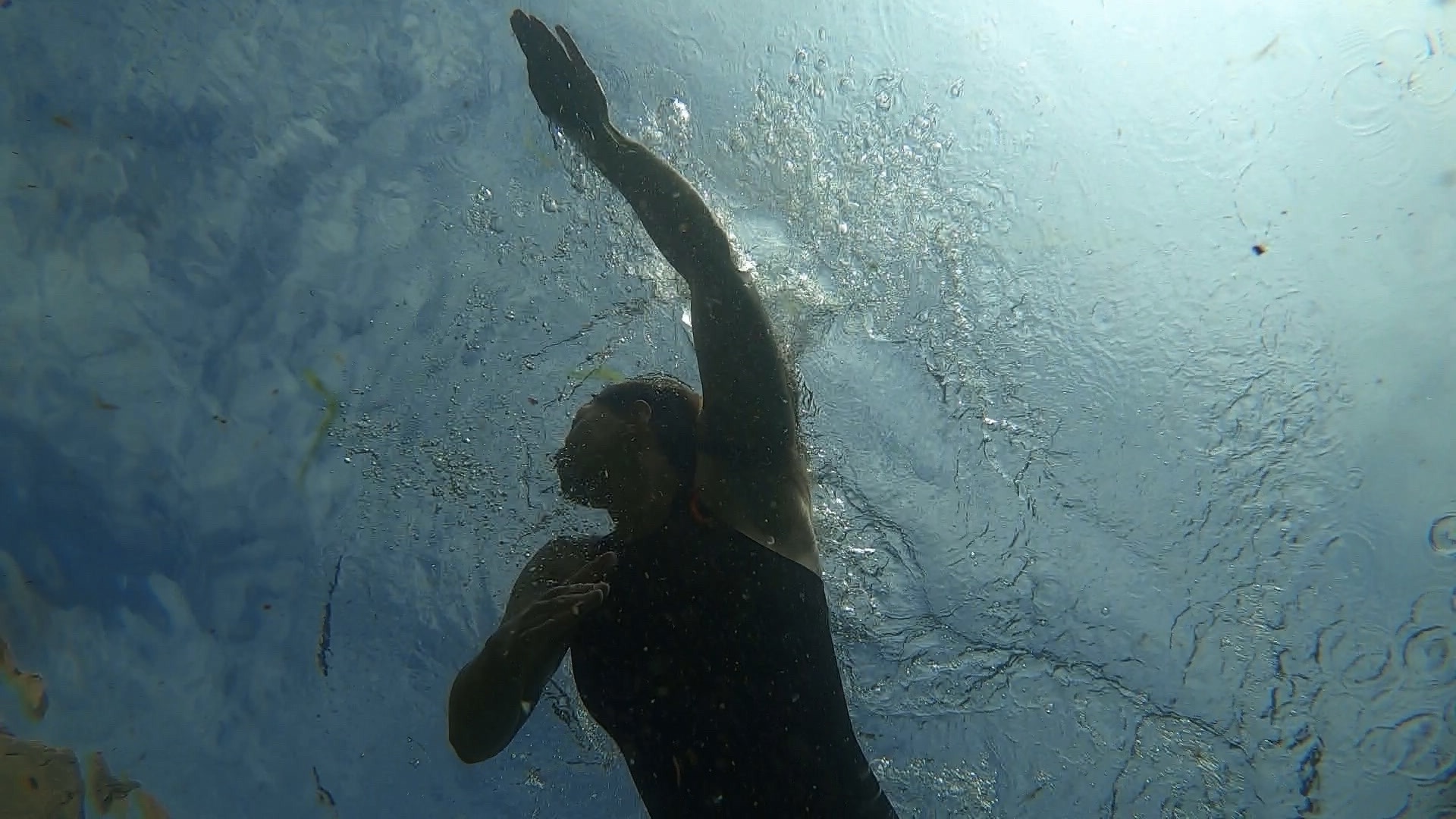

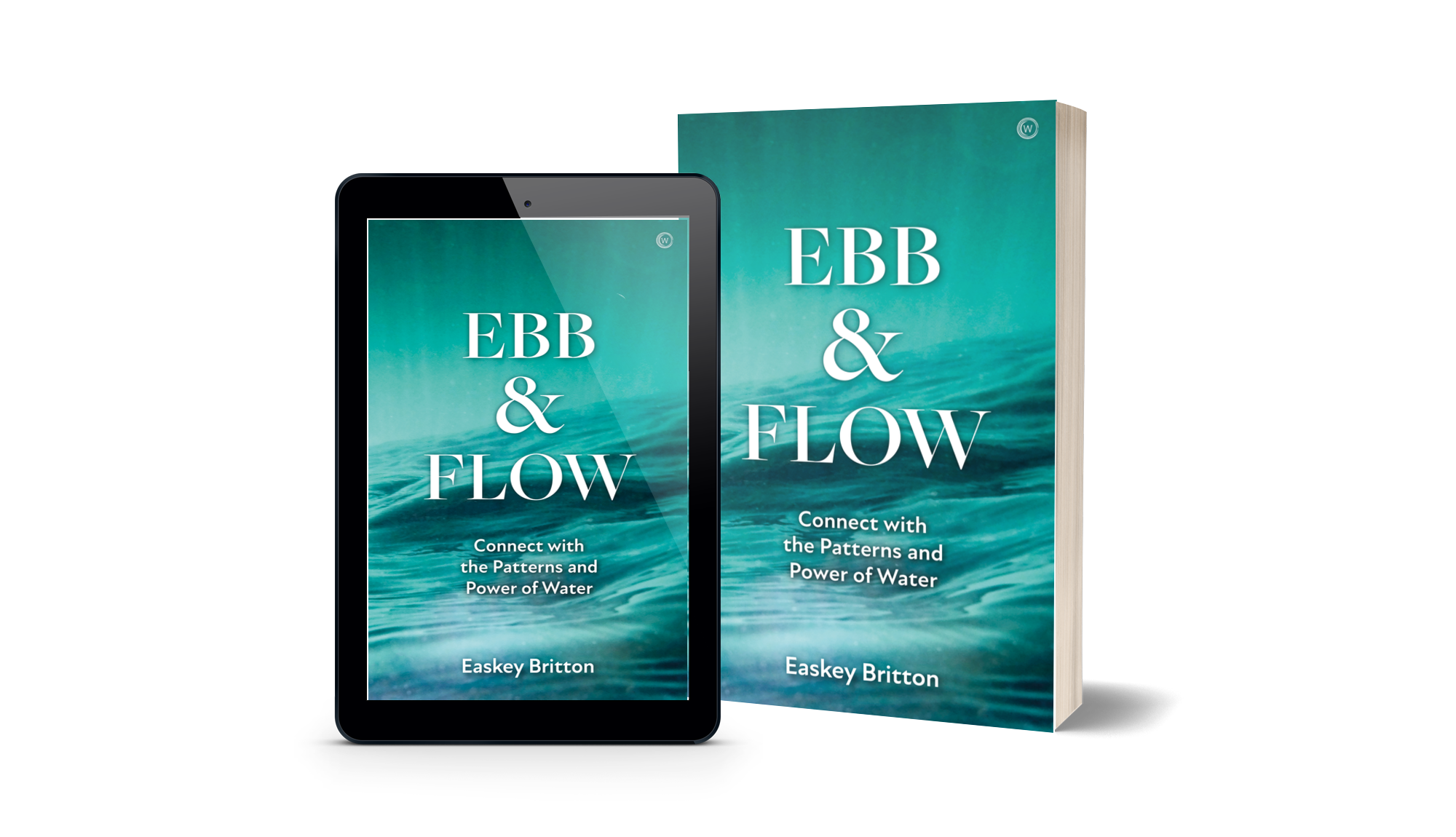

The solar festival of Ostara celebrates the Spring Equinox, the time of year when night and day are equal. This moment marks a turning point
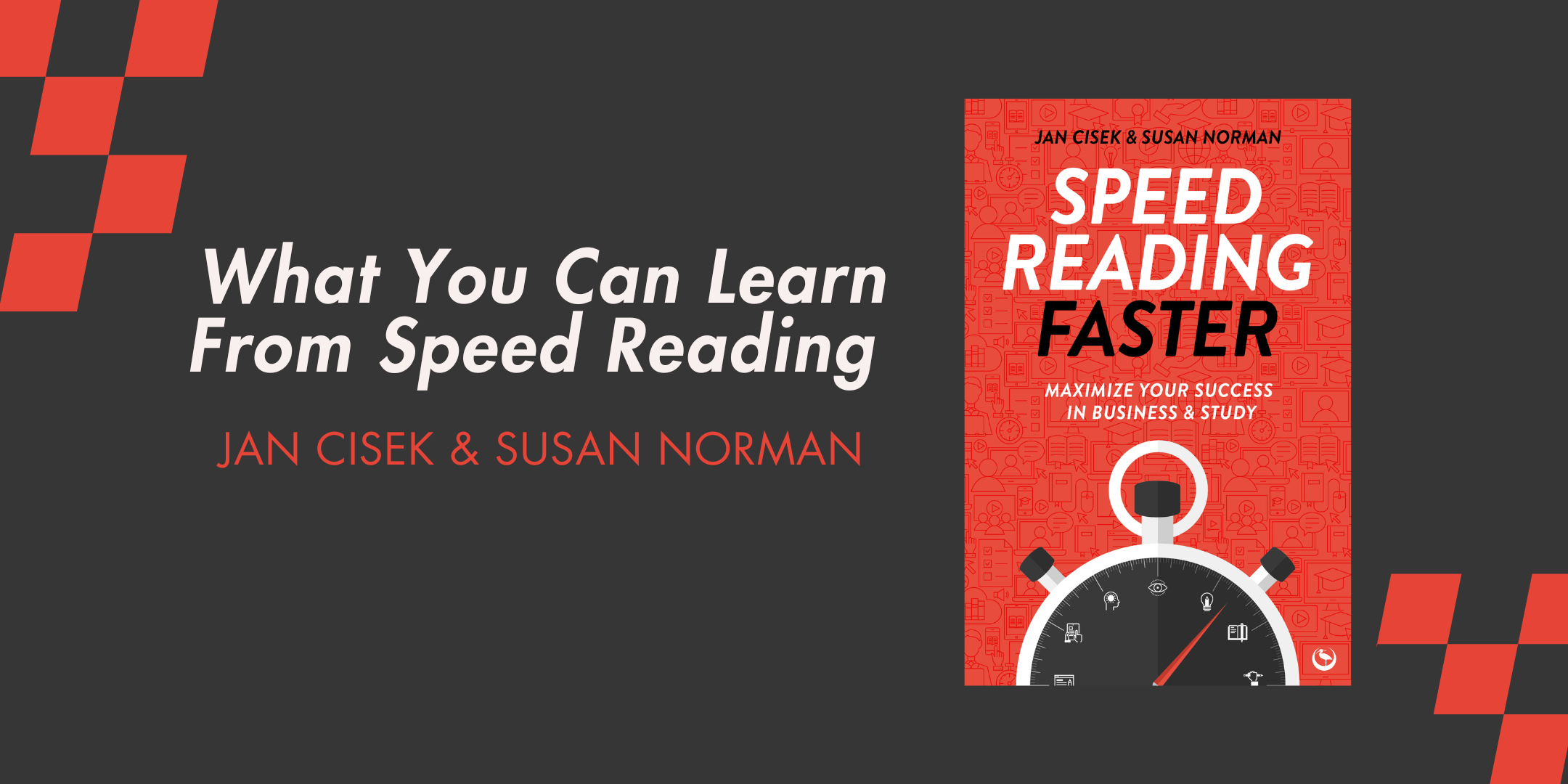
Together, Jan Cisek and Susan Norman have produced Speed Reading Faster – Maximize Your Success in Business and Study – a book which leads you
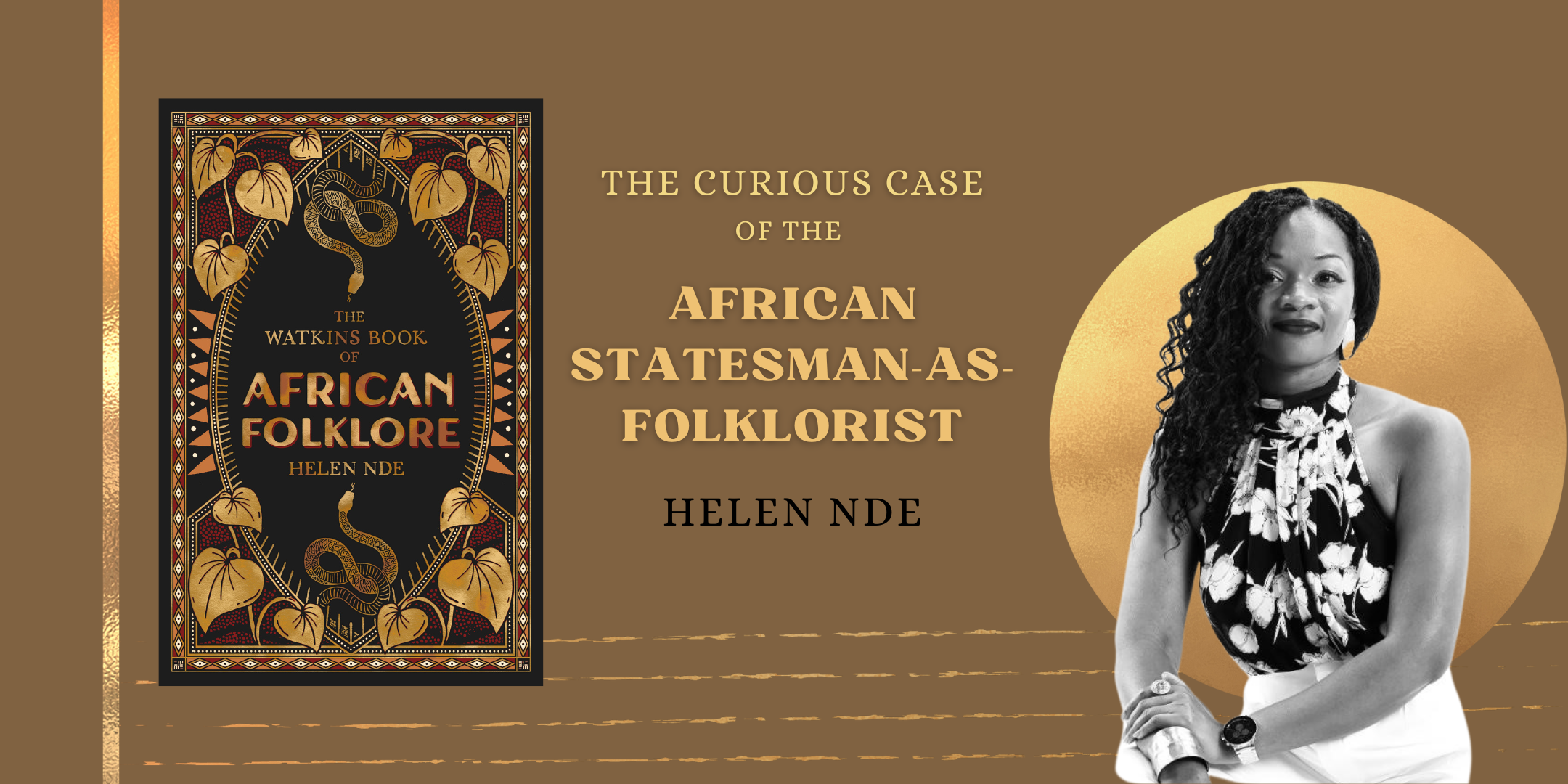
They assail us from news headlines announcing their crimes, big and small. In Hollywood’s sepia-toned renderings of said crimes, they prance about in khaki or

Imbolc is one of the Celtic seasonal festivals marking the half way point between the Winter Solstice and Spring Equinox. It is also known as
"*" indicates required fields
Watkins Media Limited
Shepperton House unit 11
89 Shepperton Road
London, England
N1 3DF
Watkins Media Limited
Shepperton House unit 11
89 Shepperton Road
London, England
N1 3DF
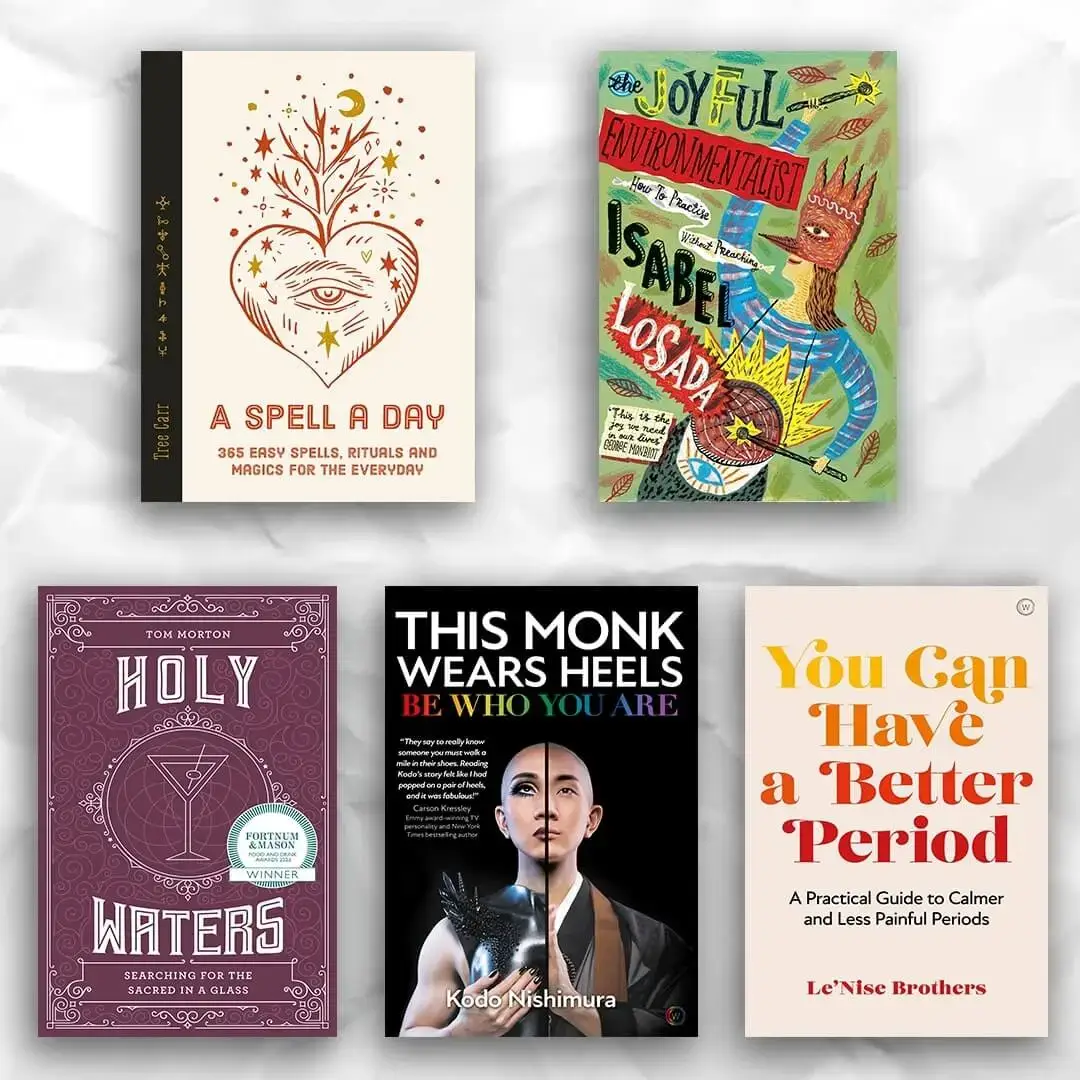
Get a FREE eBook when you subscribe to our newsletter, and be the first to know about our new releases, exciting events and all the latest news!
"*" indicates required fields